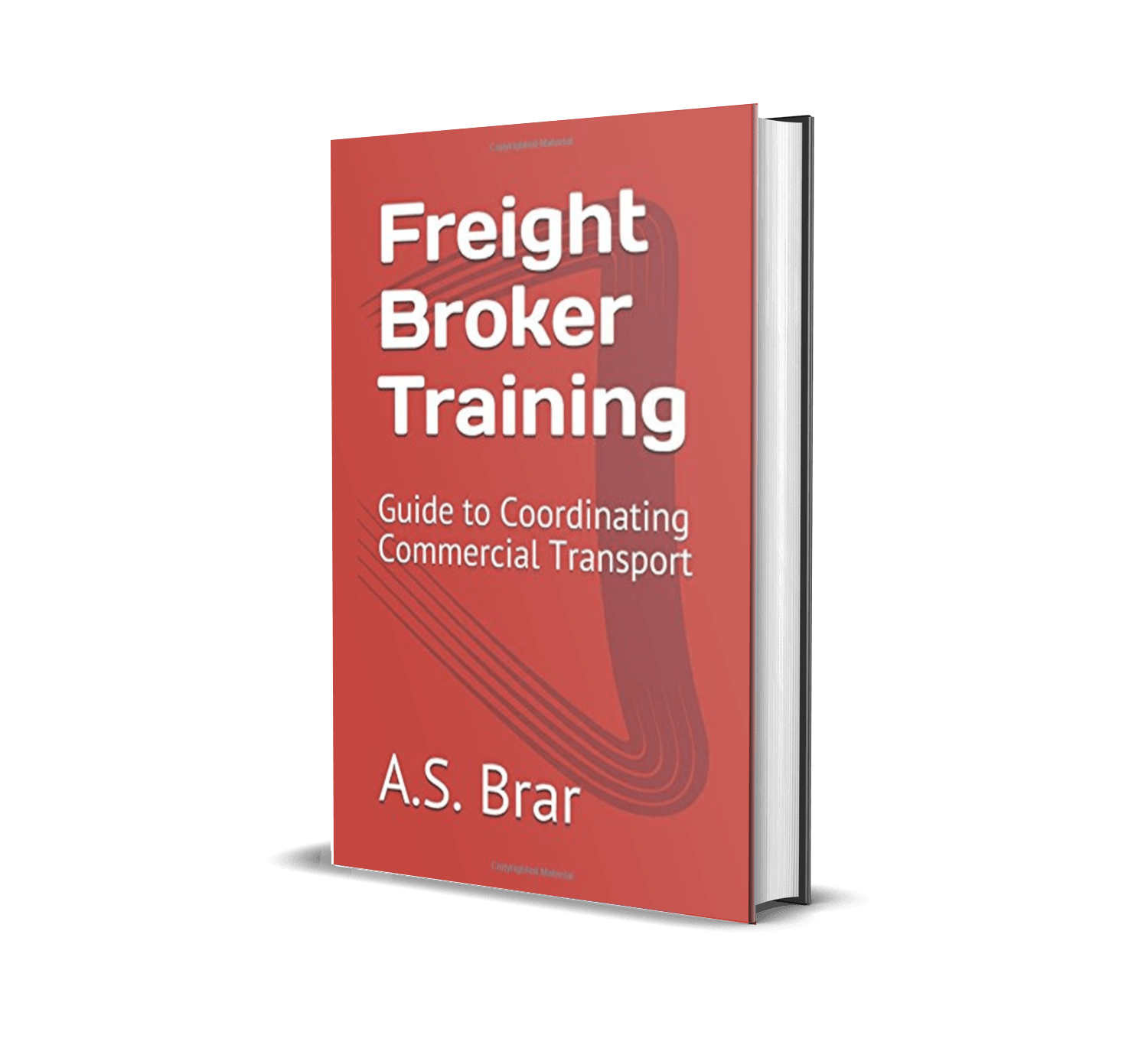This article covers the best factoring companies for trucking.
Transport trucking is a capital-intensive business to operate. It is also common for clients to take up to 60 days to pay an invoice. Therefore, for many trucking companies they must make payments on their costs before they receive clearance on their revenue. Loans and lines of credit are a traditional method which while do increase cash-flow but do so at the cost of incurring debt. Accounts receivable financing also referred to as freight bill factoring is a type of financing method which involves receiving cash by selling an asset (the invoice).
How does freight bill factoring work?
Freight bill factoring begins after a factor has approved the trucking company to fund their freight invoices. This process will commonly include a credit check, company revenue volume details, ownership information, and general business information.
Factoring companies called Factors purchase the accounts receivables for a discount and the spread from the invoice value and discounted purchase price is the factor’s profit.
The funds received from a factor allow a trucking firm to pay for fuel, driver salaries, and maintenance expenses.
There are two main types of factoring, recourse and non-recourse.
Recourse versus Non-Recourse Factoring
Recourse factoring is when the onus is on the trucking firm to ensure that the customer pays the factor on-time and in-full. Therefore, recourse factors place the liability on the trucking firm if the customer defaults. Recourse factoring will have lower discount rates meaning there may only be a 1.5%-%3 cut for the factor.
Non-recourse factoring
Non-recourse factoring is when the liability of potential defaults by the customer is transferred to the factor. It will carry a higher discount rate. It is a common option for smaller fleets and owner-operators who cannot bear the burden of a default on an invoice.
Factors will generally advance between 95%-97% of the invoice value upfront and remaining 3-5 percent is paid to the trucking firm once the customer pays the invoice. The remaining balance to be paid is referred to as a rebate.
Calculating the Benefits Derived from Factoring
The primary benefit from factoring your firm’s invoices using a factor is that it improves cashflow. This extra cashflow puts you ahead of your cost payments and positions a business for growth.
The factor’s decision on whether to fund an invoice is based on the customer’s creditworthiness and not credit score of the trucking company itself.
Factors are also well versed with credit reporting agencies and working with a factor may increase the likelihood of invoices being paid on time or earlier, and in full. Large corporate customers will not want the negative effects of delayed payments to affect their credit rating which is an incentive for them to ensure that accounts payable are not left outstanding.
Fuel Card
Many factoring companies offer a fuel card program that can give you savings of generally $0.18 off per gallon which is equivalent to about $0.05/liter in Canada. Reputable factoring companies such as Accutrac Capital offer a fuel card from their partnership with Pilot Flying J to their factoring clients. Pilot Flying J is considered a quality truck stop chain with amenities that improve the truck driver’s lifestyle.
ACH Payments
ACH funding via electronic transfer is usually free and the optimal method to receive payments but generally requires a United States based bank account.
Accutrac Capital Reviews
Accutrac Capital is a part of the Accutrac Group of Companies. There reported revenue on the Government of Canada company profile is $50,000,000 +.
They only deal with freight invoice factoring and primary clients are trucking firms. They have many office locations throughout the United States and Canada. They do not charge interest for up to 90 days. They are a member of the International Factoring Association. The International Factoring Association has a search filter that allows you to search for factors that specialize in trucking therefore that is certainly a method you should consider using when looking for and researching the best factoring companies for trucking.
Notification of Assignment and General Security Agreement
A notification of assignment is a letter on the seller’s letterhead notifying the customer that a Uniform Counsel Code (UCC) securing rights to assets has been filed and all rights have been transferred to the factor. In Canada the UCC is referred to as the PPSA. A factoring PPSA notice of assignment falls under Section 40(2). It is important to understand the collateral secured on a UCC or PPSA.
A factoring company also makes a trucking firm enter into a general security agreement. It is important to carefully read and understand the contents of this agreement as it governs how the factor and trucking company will interact as they continue to conduct business in the future. The rate schedule is an important component that will tell you how much the discount rate increases as the days pass on an outstanding invoice.
Schedule of Accounts
The Schedule of Accounts is another important document in the factoring process. Simply put, it is a list of all the invoices that are to be paid by the customer. Filing the schedule correctly is important because it is the way by which you contract the receivables to your factor.
The factor will upon receipt of schedule of accounts and all of the accompanying supporting documents including the actual invoice, proof of deliveries, load confirmation etc., will verify each individual invoice with the customer. This verification can either be through a written notice from the customer such as a signed bill of lading signaling successful delivery of shipment or more commonly through a phone calls.
It can be beneficial to ask the factoring company their process of contacting your customer to get an idea of whether the factoring company behaves in a manner that represents your trucking firm positively or whether they come off as a collection agency.
An aging report which informs the factor of the current time periods of outstanding invoices for each customer can also be requested by the factor.
The financial standing of a factor is something to be concerned with. Politely ask what the source of the factor’s capital is. Also discuss, a potential referral setup where you could possibly get reduced discount rates for each lead provided.
Avoid factors that request a personal guarantee because that would mean the factor has the right to pursue your personal assets in case you are unable to cover for a defaulted invoice. However, this may be something that is unavoidable if your trucking company is experiencing financial struggles.
Conclusion
Unpaid invoices and outstanding freight bills don’t have to be a burden on your trucking business. With invoice factoring, you’ll be able to easily resolve cash flow issues, even if you don’t have perfect credit or are a newer business. One thing to keep in mind is that invoice factoring can get a little expensive, so make sure to fully explore your lender options and weigh out the pros and cons of this type of funding before submitting your invoices.




Hi we need non recourse factoring for a customer.
We’re freight brokers
thanks, Ana.
Factoring works quite well for me
Thanks, it is very informative